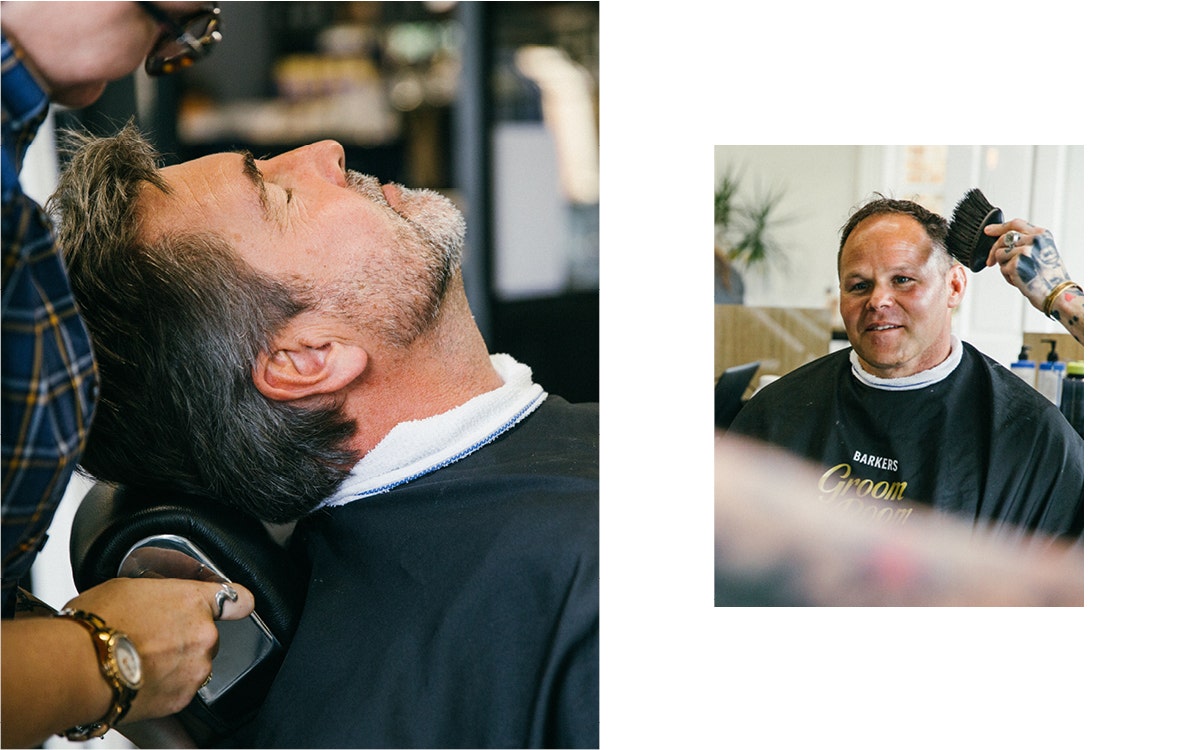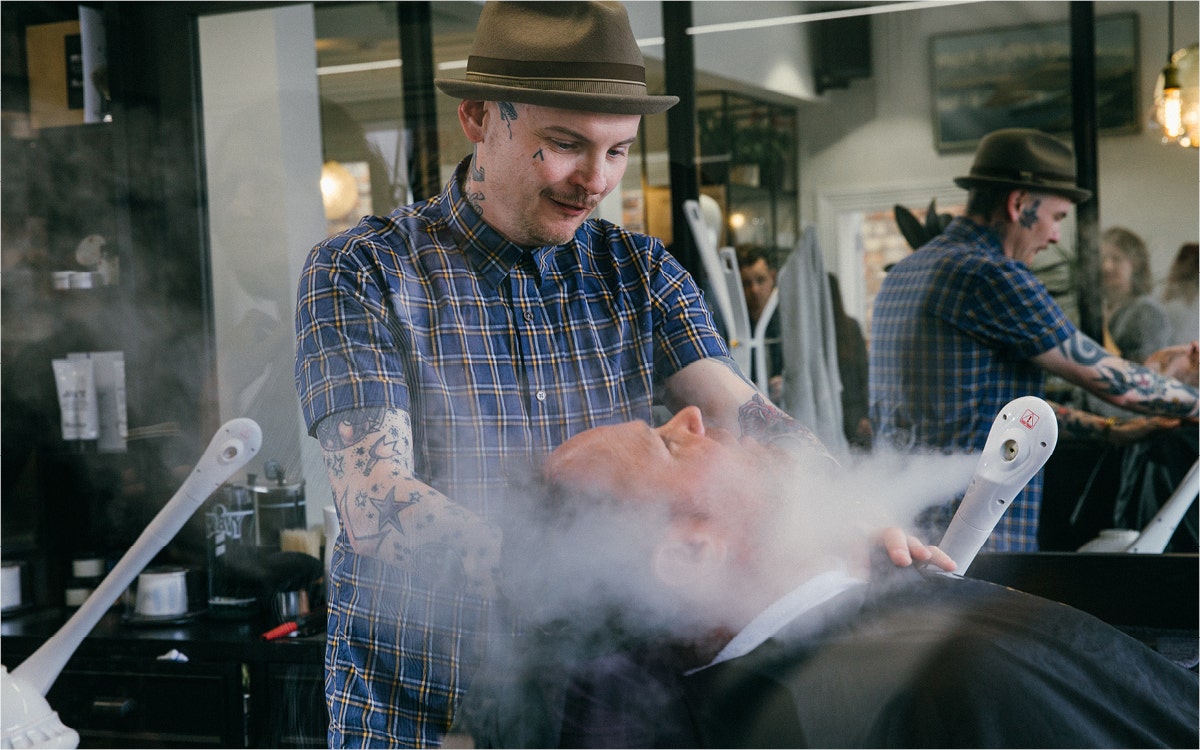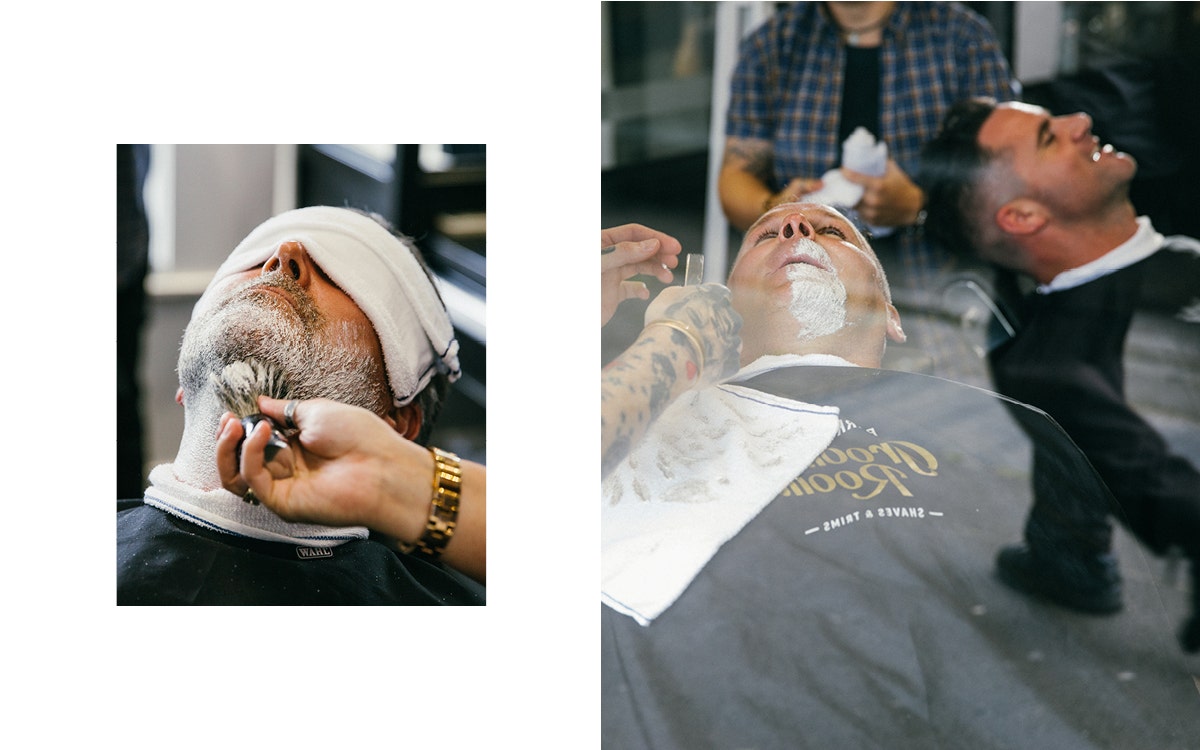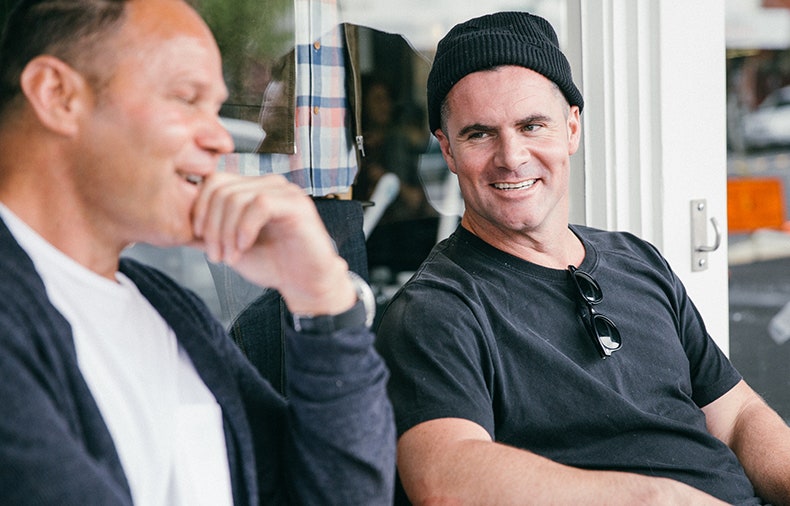One November while I was walking along Ponsonby road, a young man with a gorgeous moustache, thick at its centre, but twisted into a fine point at its ends, leaned out the window of his car and shouted at me: “Meeaaaaan mo bro!” Before he vanished into the horizon.
I wasn’t so confident in my facial hair. I thought my moustache was perhaps a bit lopsided, and made me look like a mix between Freddie Mercury and a middle aged cop from the 90s. Despite my mo’s failings, we’d had this sudden connection, our mutual moustaches had created a moment between two men, a space built on a laugh, where communication barriers were briefly broken down. This is Movember.
For 13 years Movember has been running in New Zealand. In 2016 the campaign raised $1.4 million for the Movember Foundation. That money is used to fund men’s health programmes, but importantly the campaign has created a space for through its humour and visibility for men to talk about their health - something we’ve found hard to do for thousands of years.
"We are giving people an excuse to take a breath and participate in something different, and in general that’s what men need. Girls are super efficient at getting support. Research shows as women get older their group of friends grows, with men it shrinks," says Robert Dunne, country manager of Movember New Zealand.
The Kiwi male “she’ll be right” state of existence comes with consequences. Consequences that can be extreme. And they’re very visible when you compare men’s health outcomes with them with women.
"Men and women have a really similar incidence of depression, but three out of four people who take their own life in this country are male. Even though we have similar amounts of depression, men take more drastic action,” says Dunne.
“Men don’t have as many settings share the significant issues they face for support as females. We need to take a leaf out of their book. That is exactly the type of activity we are trying to provide and the message we are trying to reinforce throughout the month.”

This is what Movember is for. It creates a time and a place for men to be comfortable about talking about their health, one where ginger strands, and salt and pepper facial hair can help us communicate better. Dunne describes the moustache as a Trojan horse. A trojan horse full of education, a safe space created through the anachronistic aesthetic of the dirty mo for men to talk about the things that make them feel awkward. But these are the things that could save our lives.
"Statistically there are absolutely more men living with and through cancer. What that shows is our older demographic, the message of early detection is the best form of prevention is getting through. They are being more proactive with their doctor. GPs tell us anecdotally that men are being much more proactive with their health," Dunne says.
Movember succeeds because you can’t miss it. You can’t turn your eyes away from it. For a month moustaches are everywhere. And with the campaign’s growing maturity that visibility is leading to greater recognition of the unique health issues men face in New Zealand. The campaign is especially designed to reach young men, even if this means a disgraceful presence of prepubescent, immature mos on the streets of New Zealand in November.
"We need to continue to attract young men because they are the type of guys that love participating in Movember, and because sometimes health is seen as something for older people. But the reality is there are a lot of things young men are susceptible to: mental health and testicular cancer. And what you do as a young man pays off in the long term," says Dunne.
“The area where we can have most effect is getting the change of behaviour in our younger men, so when they get older they are healthier already. That is a long term play but that is what the Movember campaign is about.”
Former All Black and Movember ambassador, Josh Kronfeld, has watched from the most macho of environments as men have slowly become better equipped to talk about their health in New Zealand. Josh certainly doesn’t shy away from talking about his health. In a short conversation we managed to touch on all the best bits.
“I’ve had my prostate checked out because I had some hemorrhoids. They check the prostate out when they’re up there. So you get the double whammy. Then I’d hurt my stomach muscles, it was giving me a lot of pain into my balls. So I got my balls tested. I’m due to get my prostate tested again. I guess that will be in the pipeline, literally,”
We both started laughing as soon as we started talking about a doctor putting their finger up our bum. But it’s something that’s happened to all of us (and if it hasn’t happened to you get it checked out now!), and humour has a great way of getting men talking. So that’s why Josh set up in the Barker’s Groom yesterday for a shave, to get a fresh palate for his facial hair.
“They’re pretty ugly thing. My misses can’t stand when I have one every year when Movember runs around. Especially now that I have to wear glasses, because I don’t suit glasses and a mo. That’s the humour of it. It’s a great way of making a statement. The first questions is are you doing Movember, you’re advertising something without even saying anything,” says Kronfeld.

Beyond the conversation, the foundation’s fundraising has made it an essential part of the research and programming ecosystem for men’s health in New Zealand. There’s three focus areas: prostate cancer, testicular cancer, mental health and suicide prevention. Outside of government the Movember Foundation is now one of the most significant funders of these programmes.
An example of a small slice of the work the foundation does: since 2015 the TrueNTH network has received over $1 million to help improve the physical and mental outcomes for men living with prostate cancer. Earlier this year a collaboration between the University of Otago and the University of Auckland received funding for their research into support and treatment of Māori men with prostate cancer from the foundation. And Dunne is proud of the work Movember has done with Farmstrong, a programmed dedicated to helping farmers maintain and improve their health.
“If you are on your own on the farm everyday, and you aren’t going to rugby practice any more, and your networks of communications have been eroded, you’re potentially going to do something more drastic. That’s why programmes like that are really important.”
From the macho changing rooms of the amateur era All Blacks where men were expected to “deal with it” in silence, to talking to a stranger about getting his testicales checked for lumps, Josh Kronfeld believes New Zealand males have come a long way.
“That’s been purely because people are more aware and have a bigger understanding of it. I know from my own journey, and transition, I didn’t have a clue. I didn’t know how to deal people, I didn’t know what to say, or how to be,” he says.
But the conversations need to be converted into action and understanding.
“Go and get checked out,” says Kronfeld.
Want to learn more about the month of Movember? Click here


